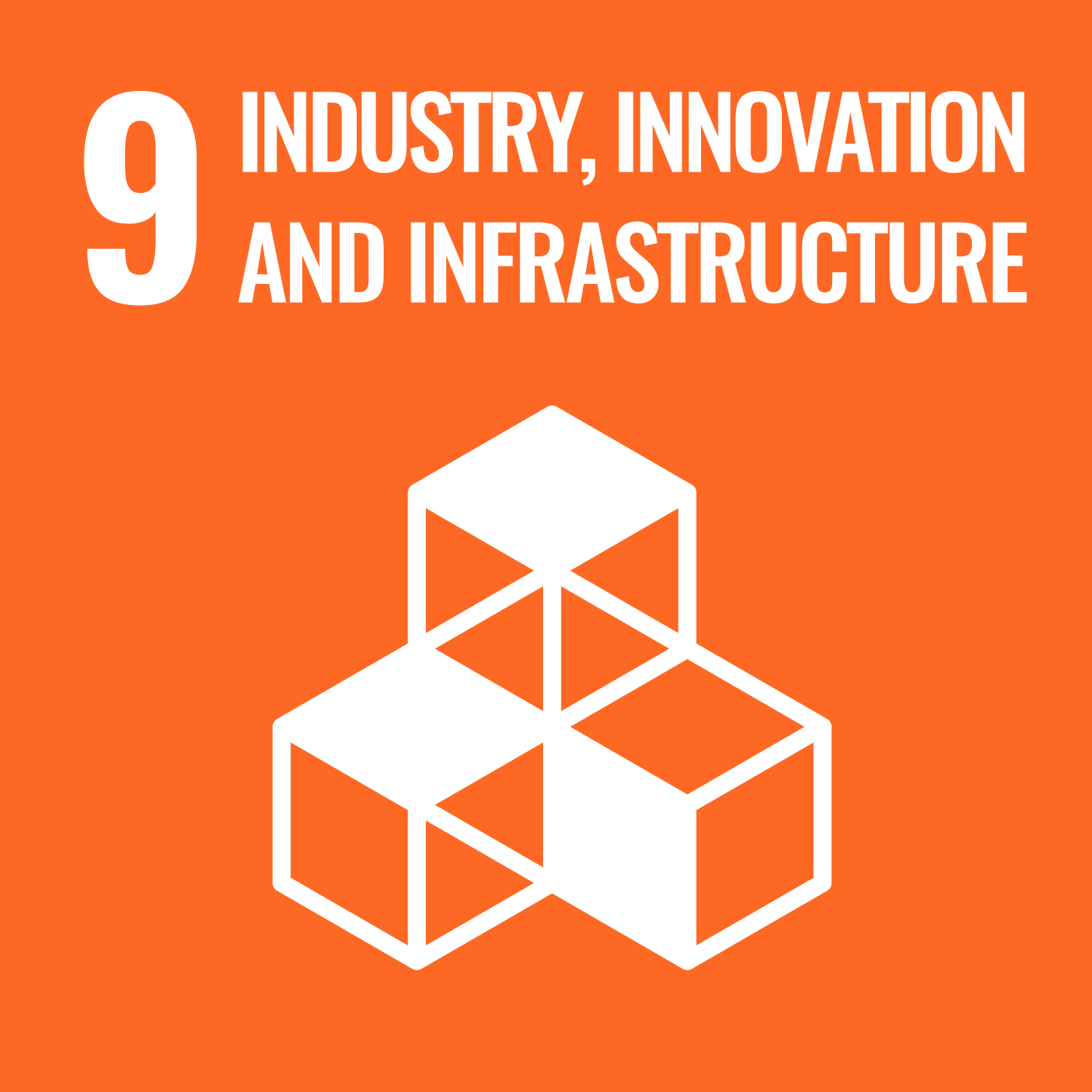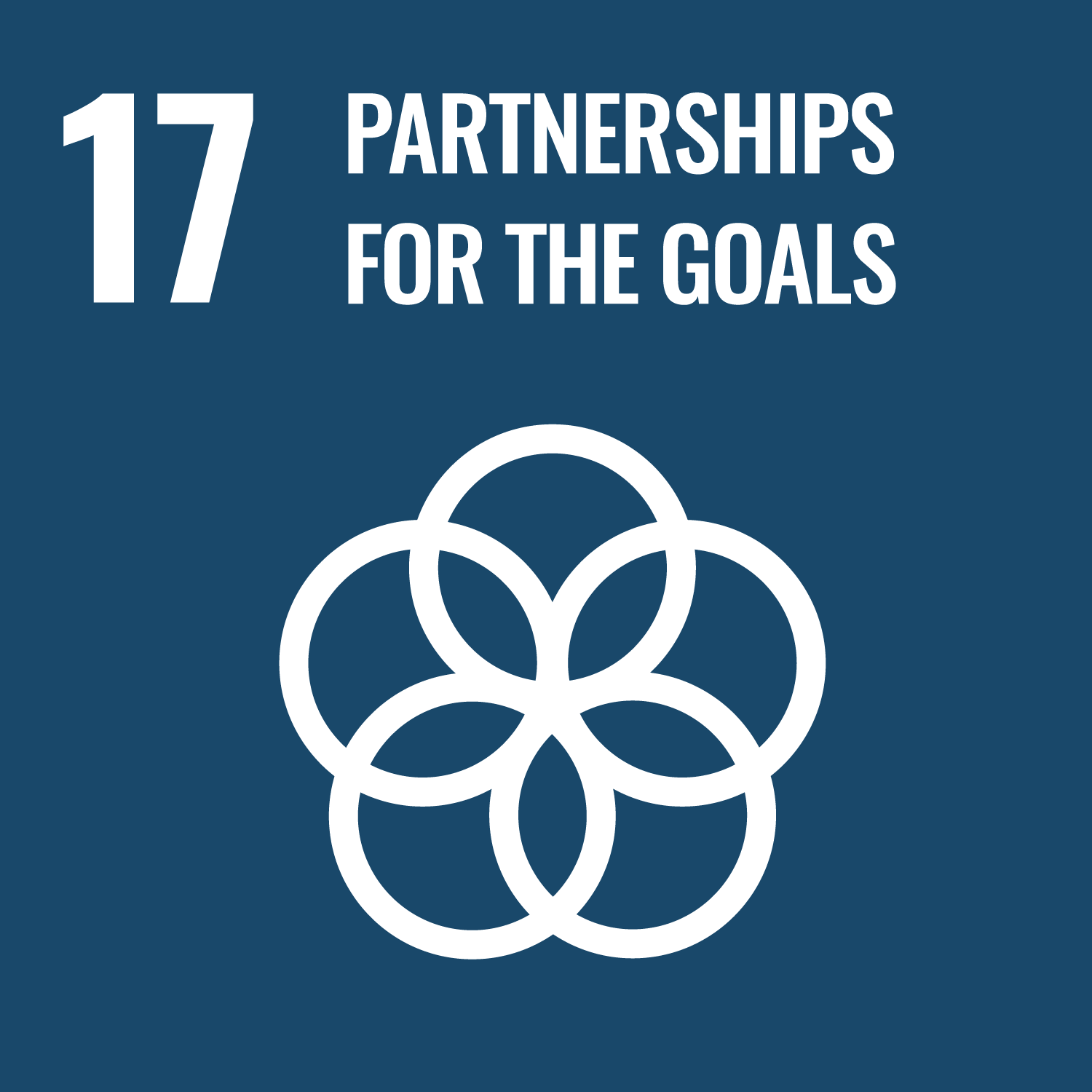ORCID
- Md jahir Rizvi: 0000-0001-9773-7129
- Yong ming Dai: 0000-0002-0165-6947
Abstract
The end-of-life (EOL) of ships which is neglected and considered a liability by developed economies of the western world. However, it has become a commodity in the developing economies of South Asian countries. Ship recycling activities are considered extremely dangerous by the International Labour Organization (ILO); however, if ship recycling operations are well-managed then they can play a vital role in achieving circular economy and UN sustainable development goals. This study critically examines recent developments in key ship recycling nations, shedding light on both opportunities and challenges faced by this evolving industry. By delving into the socio-economic benefits and presenting a nuanced assessment of the current state of ship recycling, this research aims to bridge the gap between perceived risks and untapped potential. Furthermore, a strategic analysis using SWOT (Strengths, Weaknesses, Opportunities, Threats) methodology is employed to dissect the ship recycling landscape in South Asian countries. This analysis discerns the inherent strengths and opportunities that can be harnessed for sustainable growth, while also acknowledging and addressing the weaknesses and threats that demand careful consideration in the execution of ship recycling operations. This comprehensive exploration underscores the urgent need for a holistic understanding of the ship recycling industry, fostering dialogue and collaboration towards fostering responsible practices and maximizing the positive impact of ship recycling on both local economies and global sustainability goals.
DOI Link
Publication Date
2024-01-01
Publication Title
Green Technologies and Sustainability
Volume
2
Issue
2
ISSN
2949-7361
Acceptance Date
2023-12-18
Deposit Date
2024-06-19
Funding
The authors would like to acknowledge the financial support provided by the University of Plymouth to conduct this research within the School of Engineering, Computing, and Mathematics.
Additional Links
https://linkinghub.elsevier.com/retrieve/pii/S294973612300057X, https://www.scopus.com/pages/publications/85195076743
First Page
100064
Last Page
100064
Recommended Citation
Mannan, B., Rizvi, M., & Dai, Y. (2024) 'Ship recycling in developing economies of South Asia: Changing liability to a commodity', Green Technologies and Sustainability, 2(2), pp. 100064-100064. Available at: 10.1016/j.grets.2023.100064



